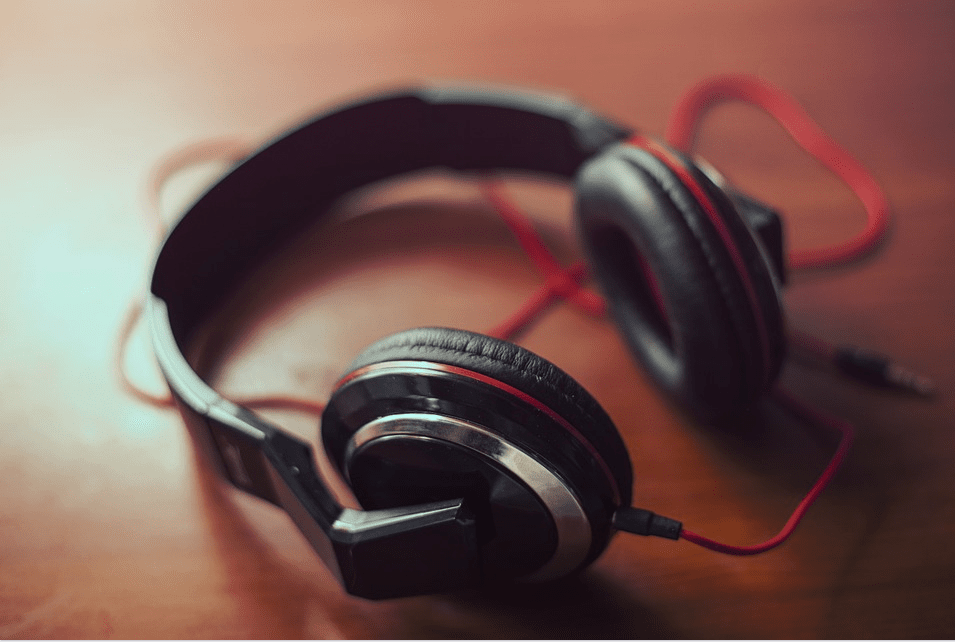Teacher Turned Star
There are many ways to share the love for music, some choose to see it as hobby, others as a full time job, but there are cases in a musician's life where they live to practice various ways to live from music, and it's interesting to see how someone as a teacher goes from cultivating young minds to becoming legends in the history of music. While...
Read More




